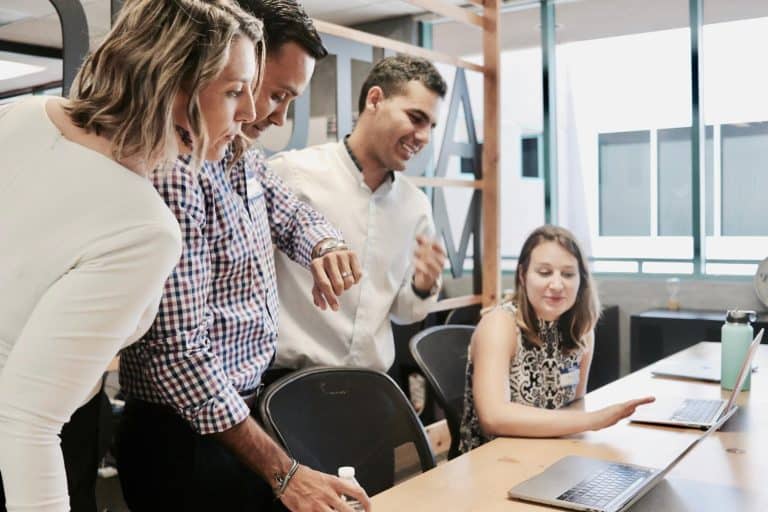Small and medium businesses, the self-employed, freelancers and remote workers who only choose only to hire meeting rooms, for example, at The Crate (Auckland’s premium coworking space) but still work from home are missing out on the energising, motivational and productive benefits of a coworking space. According to research, working alone or in isolation can cause anxiety and even depression (as well as negatively impact productivity).
Even if you believe you need space to think or to work in https://thecrate.co.nz/our-services/privacy, the sense of productivity you feel may not be all it is trumped up to be. While the working-from-home trend stormed into the New Zealand psyche during the COVID pandemic, it isn’t surprising to hear that many workers are choosing to return to the office, even if it is just for three or four days a week (or opting for a coworking space). The reason is that human beings are wired to be social–we work best in the community.
If you work from home and you find that you feel guilty when taking short breaks, consider self-care (like mindfulness or meditation) a waste of time, and you’re always on your phone (checking emails, taking client calls after hours or while on holiday), you may have what Forbes describes as ‘Toxic Productivity’–usually accompanied by an urge to be busy all of the time, or feelings of guilt when resting.
One solution may be clearly delineating your work and home boundaries by physically separating your work from your personal home life. Everybody, including you, needs to be around other people (introverts, too) because social connection, mutual dependence and collaboration are wired into our DNA. Simply put, we depend on trusting and supportive relationships.
One of the benefits of a coworking space like The Crate is that you choose the level of your social and community involvement, but at all times benefit from the productive and professional energy around you–minus the office politics and pressure that comes from working in a company office.
While eons ago, the social benefits of trust and cooperation were necessary for physical survival, Psychology Today reports that these days social interaction is essential for psychological survival.
You may visit some coworking spaces where people don’t talk much to each other, reception and management are professional but stand-offish (smiles are few and far between), and only passing effort is given to building community. This kind of environment can make you feel even more isolated–flash facilities but no heart.
The Crate, however, considers community as a key differentiator of the coworking space’s culture and services. A friendly concierge, visible community manager presence, and frequent socials (drinks, networking events and tea and scones) within a smaller, village-like atmosphere helps improve productivity and imparts a sense of belonging.









